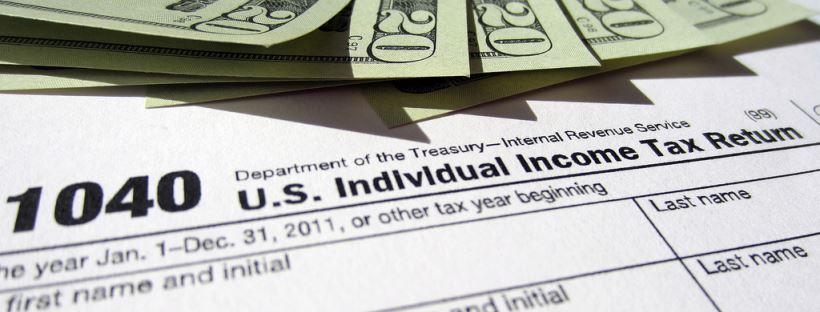5 Tax Changes You Should Know About Before April 15

Tax day is getting nearer so it’s time to review some of the biggest changes to your taxes this year. An important note: when you file your taxes on or before April 15, 2021 you’re filing for tax year 2020. So when talk about rules or amounts for tax year 2020 that means this upcoming filing.
- The standard deduction increased to $12,400 for those filing as single (up from $12,200 in 2019), $24,800 for those filing jointly (up from $24,400 in 2019), and $18,650 for head of household(up from $18,350 in 2019).
- If you received a CARES Act Economic Impact Payment (a stimulus check) in 2020 you should know that money is not considered taxable income. The payments were estimates based on prior year taxes; if you were entitled to more than you received you should be able to claim the difference as a credit (the Recovery Rebate Credit) this year. On the other hand if you received more than you should have it doesn’t appear that you will have to pay it back.
- There is a new above the line deduction for up to $300 in charitable cash contributions. You can claim this even if you claim the standard deduction, it is not restricted to itemized returns.
- The CARES Act allowed for up to $100,000 in early withdrawals from certain retirement accounts without paying the usual 10% early withdrawal penalty. If you withdrew from a retirement account early this year remember that that counts as taxable income. You do have the option of paying the income taxes on that withdrawal out over three years rather than paying it all this year. If you pay it back to the retirement account within three years it is treated as a loan and the taxes paid can be reversed. The IRS has an FAQ here if this applies to you and you still have questions.
- There were small increases to contribution limits to several tax advantaged accounts. The 401(k) contribution limit for 2020 is now $19,500, and HSA contributions are deductible up to $3,550. IRA contribution limits remained steady at $6,000.
Here’s a bonus that wasn’t technically a change for 2020. If, like many people, you worked from home more than usual in 2020 then you may be tempted to claim the home office deduction to reduce your taxes. If you are self employed or an independent contractor then you should definitely look into it. However if you are a W-2 employee working from home this year you cannot claim a home office deduction due to tax law changes in 2018.